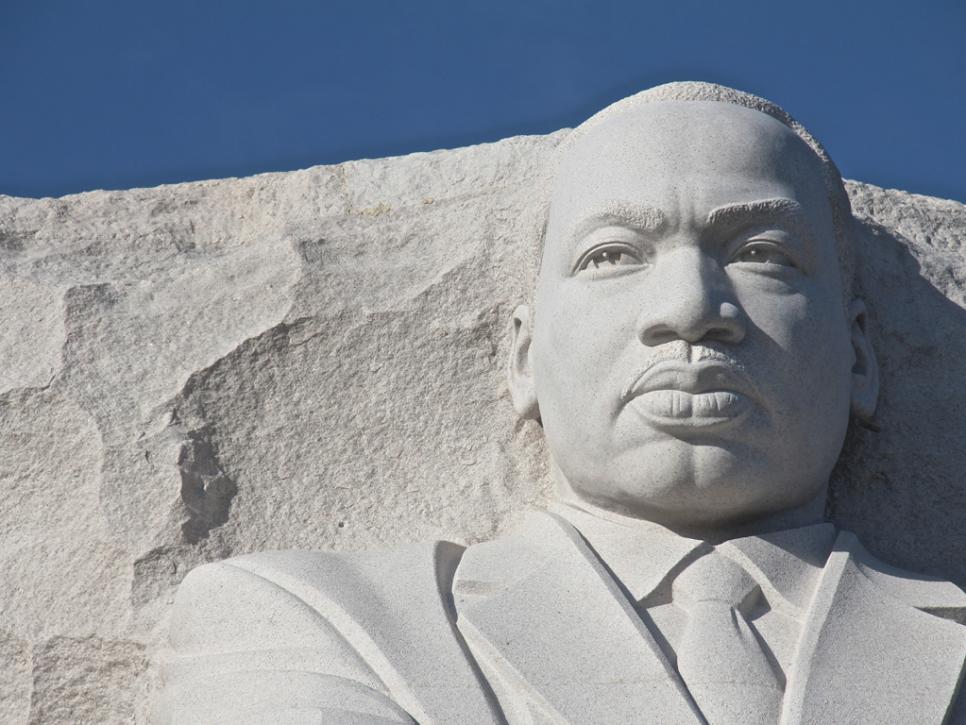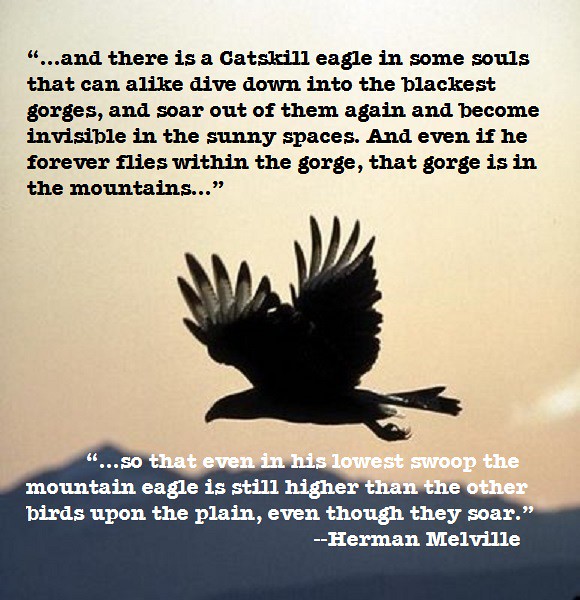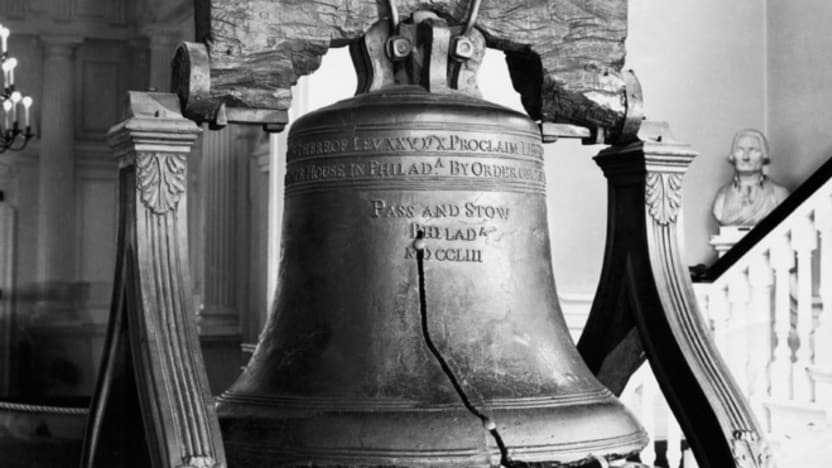
The Federal Building in Milwaukee. Midwest Wanderer
It was high noon on April 6, as 9,000 protesters jammed Wisconsin Avenue in front of the Milwaukee Federal Building, still a circuit courthouse. This is grand Romanesque architecture, but today its tall central bell-tower brings to mind Notre Dame Cathedral during the post-Revolution era when the restored Bourbon monarchy was toppled in 1830.
So, no, Victor Hugo’s hunchback bellringer Quasimodo doesn’t swing down from the pealing heights. But Christine Neumann-Ortiz, executive director of Voces de la Frontera Milwaukee, ends her fiery and incisive speech indicting the Trump and Musk administration’s fascist infiltration of American democracy with the exhortation, “Si se puede! Si se puede!”
This translates as “Yes, you can!” — the motto of the United Farmworkers since Cesar Chavez uttered it in 1972. The phrase was born during a famous 25-day fast Chavez undertook to inspire farm workers to believe that their fight for better wages and conditions was possible.
Why does Chavez’s cry resonate today? History doesn’t always repeat itself, but it often rhymes, as Mark Twain once said.
That’s why belief in the power of people rising to fight the corrupted powers is a force that echoes across generations. It’s a potent way to keep the idea and energy burning, and political action alive. This so-called “Hands Off!” protest was one of 1,400 in locations across all 50 U.S. states, drawing up to an estimated three to five million participants nationwide, according to the demonstration organizers.
Neumann-Ortiz was captured by rising Milwaukee filmmaker Jonathan Klett, who will have a short film debuted at the Milwaukee Film Festival, May 1 and 3.
Here’s his film of her speech with some reaction shots from the crowd:
https://www.instagram.com/reel/DIlu3kAumjR/
As Jonathan aptly quotes Christine from her speech: “We know that resistance is our duty, and we will not let history repeat itself. That we will stand united, and we will beat back fascism and we’re gonna come out of this better than when we started!”
Jonathan adds, “Christine and Voces invite you to join them on May Day (May 1) in a national day of protest and strike. All workers unite.”

Voces de la Fronteras leader Christine Neumann-Ortiz speaks to a crowd on May Day Protest in 2022 in front of the Milwaukee Federal Building, where a “Hands-Off!” protest on April 6, 2025 drew 9,000 people. She invited that crowd to another May Day protest this May 1. Photo: Isiah Holmes, The Wisconsin Examiner
Voces de la Fronteras leader Neumann-Ortiz coudn’t have been a more appropriate speaker, given that Latin-American immigrants are the primary focus of Trump’s largely illegal deportation efforts.
Remember his notorious presidential-run announcement speech in 2015: “ When Mexico sends its people, they’re not sending their best. They’re sending people that have lots of problems, and they’re bringing those problems with us. They’re bringing drugs. They’re bringing crime. They’re rapists. And some, I assume, are good people.
Lately Trump’s rhetoric has stooped to, “They are emptying out insane asylums into the United States.” Can you believe this blathering fool?
My thanks to Jonathan Klett for filming and sharing this. He has spent the bulk of his still-burgeoning career as a gifted video journalist and filmmaker rising in visibility by searching out important fights for justice and humane truth.

New Milwaukee 3rd District Alderman Alex Brower. Courtesy Milwaukee Leader
At that April protest, Klett also documented the searing speech of Alex Brower, whom I’m proud to say is the new alderman of my own Third Milwaukee district. Brower is also union president of the Milwaukee Substitute Teachers Association, and executive director of the Wisconsin Alliance for Retired Americans.
He claims to be “the first socialist” in local government since the famously efficient Milwaukee “sewer socialists,” like Mayor Daniel Hoan, of the 1930s. Brower is loaded with ideas, energy and, I think, vision, including plans to replace We Energies with a collectively-owned power organization. He rang my Riverwest doorbell on election day afternoon, still stumping door-to-door several hours after I voted for him.
Klett also captured Brower’s speech: https://www.instagram.com/reel/DIzL8f1R1yE/?igsh=MWlxNG9kN3dvNHlheg%3D%3D
***
A bit of full disclosure: Jonathan is the oldest son of this writer’s longtime friends, John and Mary Klett, so if you perceive a certain bias here, so be it.
But I’m trying hard to apply my critical powers to his work and comment accordingly.
He’s got the documentary chops, the commitment and drive. He works for noted reporter and pundit Laura Flanders, and he recently traveled with and documented the hugely popular, cross-country “Fight Oligarchy” tour of Bernie Sanders and Alexandria Ocasio-Cortez. Part of his footage was telecast on PBS.
Check out some of this doc work and an interview with Bernie Sanders on Jonathan’s Facebook page: https://www.facebook.com/Bob.Ross.Lives
Next up for Klett is the Milwaukee Film Festival. He got a short film placed in the international array of cinema on his first-ever entry. The Thin Blue Wave covers the Republican National Convention in Milwaukee last year, and recent labor and community efforts, and will run at 3 p.m. this Thursday, May 1 at The Downer Theater and 1:15 p.m. Saturday, May 3 at the Oriental Theater, in Milwaukee.
On both days Klett’s The Thin Blue Wave will open for WTO/99, “an immersive archival documentary that reanimates the 1999 ‘Battle of Seattle’ – a clash heard round the world between the then-emerging World Trade Organization (WTO) and the more than 40,000 people who took to the streets of Seattle in protest.” WTO/99 is described as a still-timely “meditation on the environment, human rights and labor 25-plus years on in a new moment for activism.”

Screenshot
A still from the short film “The Thin Blue Wave” by Jonathan Klett. Courtesy Jonathan Klett
Here’s a link to tickets to The Thin Blue Wave and WTO/99: https://mkefilm.org/events/mff25/wto-99
And here’s a link to Klett’s personal website: https://www.jonathanklett.com/

Protest crowd at Republican National Convention in Milwaukee. Photo by Mustafa Hussain/ NBC News
These Klett films are all preludes to his first major feature documentary, The Sacred and the Snake, which he’s been working on for some years. The forthcoming film covers the long seige of protest by Native Americans and allies against the building of the Dakota Access Pipeline at the Standing Rock Sioux Reservation. The oil company decides to build right through the reservation, threatening its Missouri River water supply, sacred sites, and the region’s ecological balance. It focuses on a Lakota matriarch, a “Jicarilla Apache/Dine two-spirit person,” and a Cheyenne youth leader who “each discover their power within a movement that echoes worldwide.”

The title image from Klett’s forthcoming full-length documentary “The Sacred and the Snake,” about the two year-long protest against the building of the Dakota Access Pipeline on the Standing Rock Sioux Reservation. Courtesy Jonathan Klett
The protests eventually drew thousands of sympathetic supporters and involved confrontations with law enforcement, security personnel, and construction crews, with protesters facing violence and intimidation. In response to the campaign, President Barack Obama’s administration stopped the pipeline’s construction, but this decision was reversed after President Donald Trump took office, and construction was finished in 2017.

Dakota Access Pipeline protesters on their knees before police guard. The protest spurred considerable police bruality, including extensive spraying of mace. Photo by Jonathan Klett from “The Sacred and The Snake.”
However, the Standing Rock protests raised significant awareness about Indigenous land rights, environmental concerns, and the impact of fossil fuel infrastructure on communities.
Klett’s film carries on that consciousness-raising and uplifting of activism. It tells a heroic story, as gritty and soulful as it is cinematic and dramatic.
______________





